The Essential Guide to EV Smart Charging and Smart Energy Management
Driivz
MAY 31, 2022
What is EV Smart Charging? What is Smart Energy Management for EV Charging? How do EV Smart Charging and Smart Energy Management Work? What EV Drivers Want from Smart Charging? Advantages of Smart Energy Management for Fleets. Smart EV Charging and Vehicle-to-Grid (V2G).

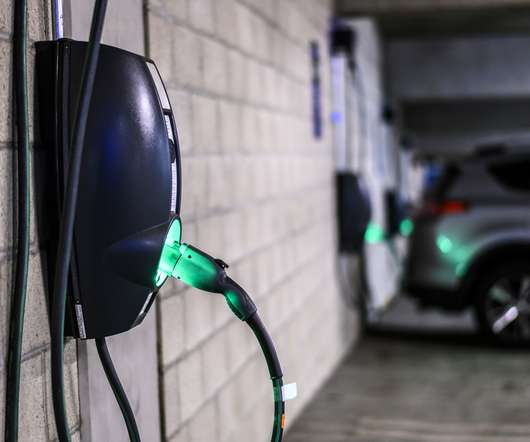
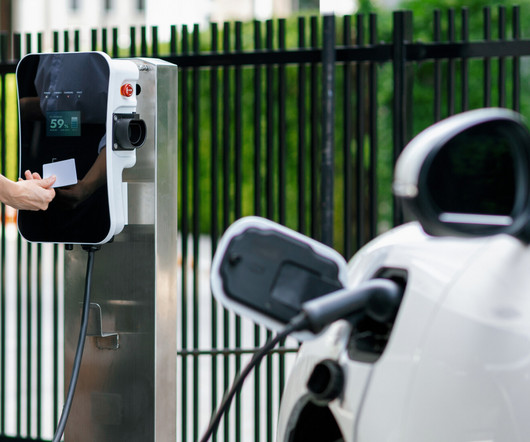
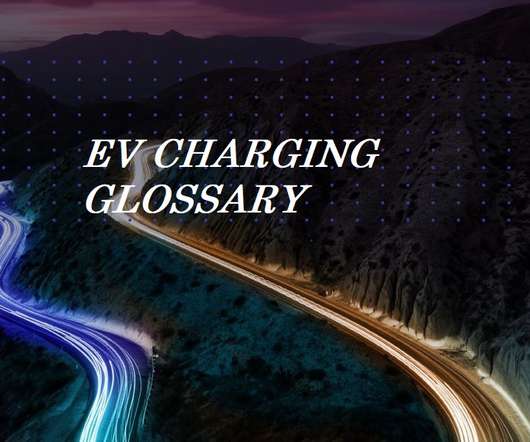
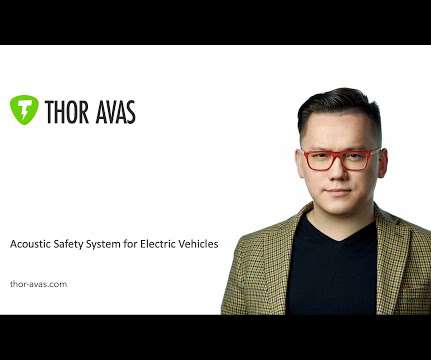
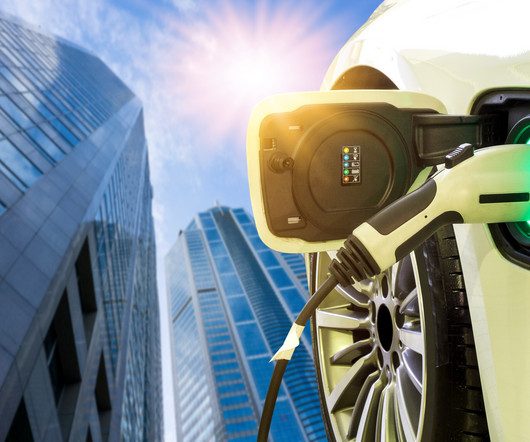
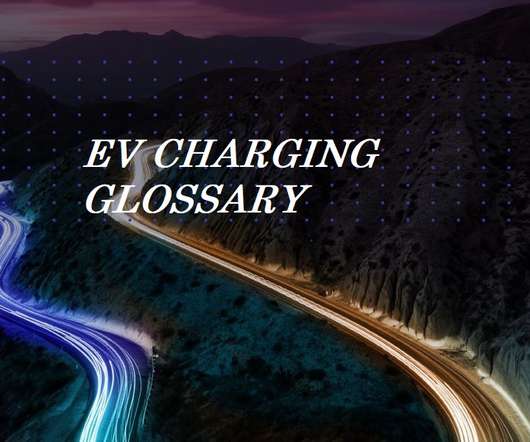
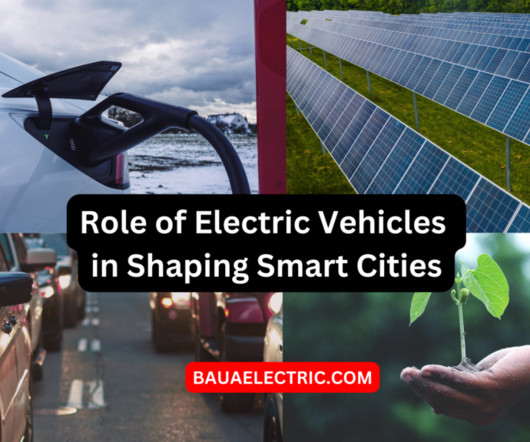


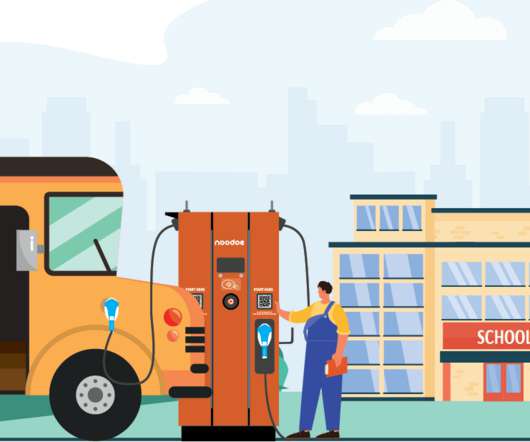






Let's personalize your content